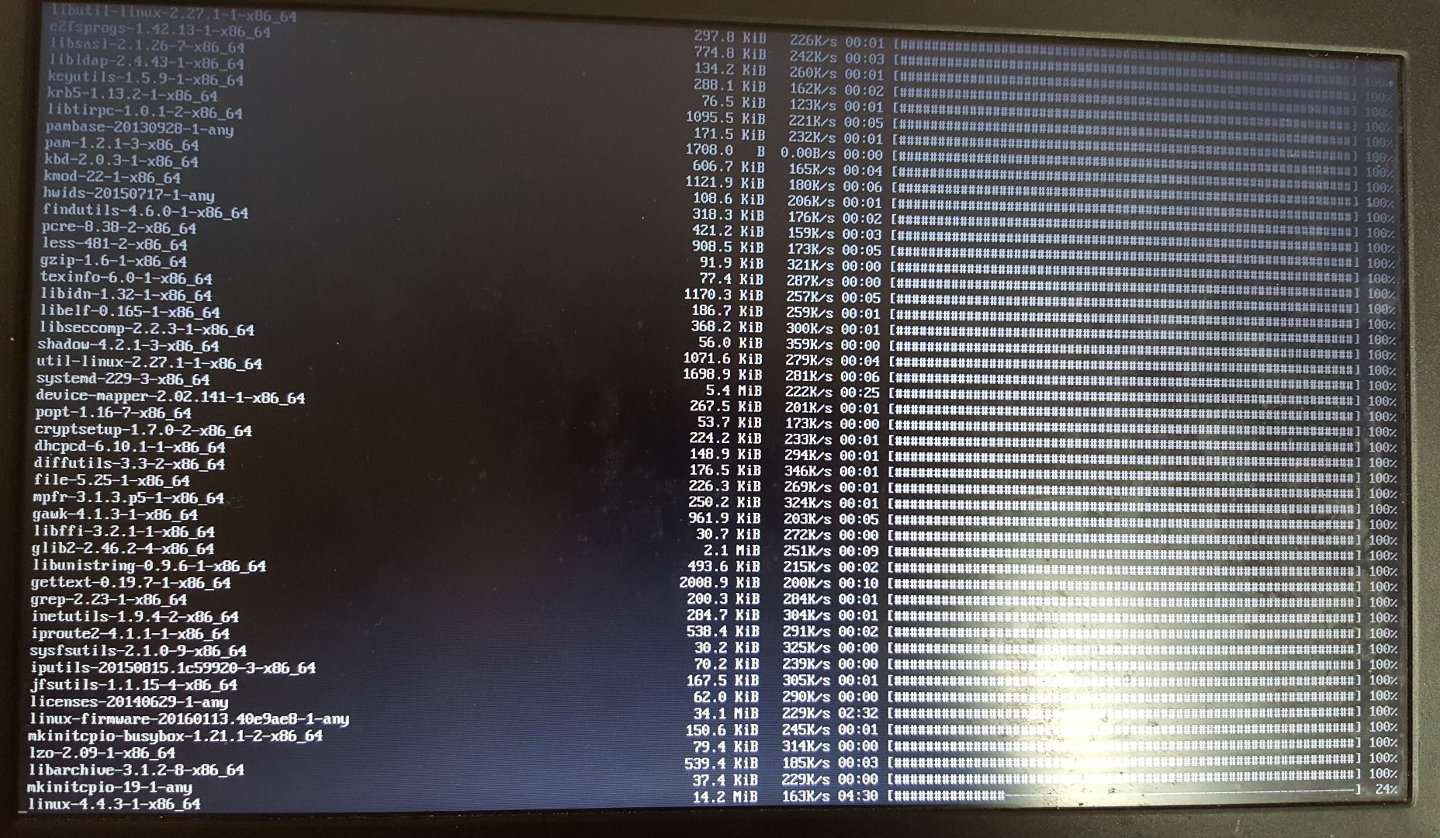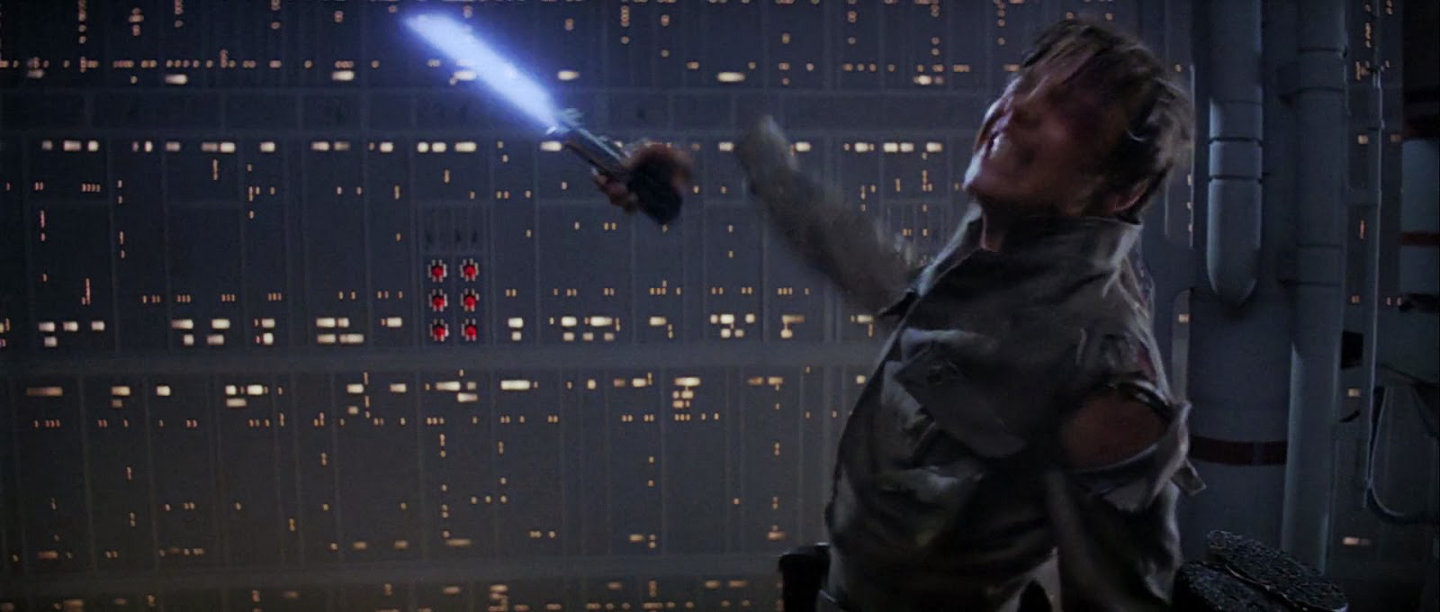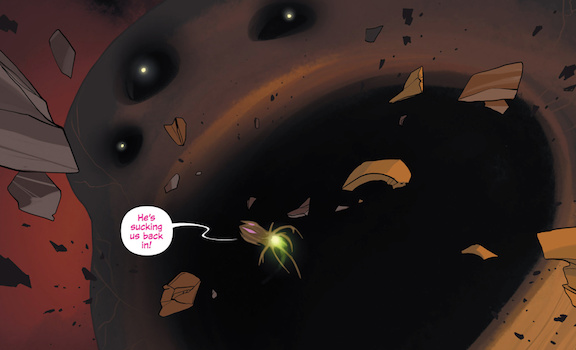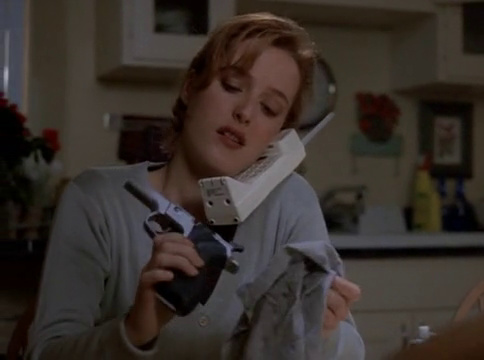Computing is moving away from the geek dream of infinite flexibility, which is to say infinite burden, infinite self-sufficiency, as if all software that someone else has written and hardware someone else has built is inadequate. We imagine ourselves outside the market, yet with leisure time expanded far enough to DIY everything. “DIY til I die,” goes someone’s profile slogan I forget where, but even that is not enough. DIY needs to go beyond death so that our gadgets may have the exquisite specialization we have renounced to create them. “Makers” and “hackers” are united by the puffy, sleep-deprived eyes that mark their devotion to reinventing the wheel.

Linux geeks are mad at tablets, with their slick apps and obscured file system aimed at people who might use them to do something other than create new potential ways to use them. You cannot build your own tablet, as Jedi build their own light sabers.
As an arcane ritual of individualism, configuring Emacs is a consequence of watching Star Wars, and Star Wars is an allegory for geekdom. George Lucas may as well have titled it My Struggle. For the Jedi and for Lucas, technology and emotions are terrible things but unavoidable. The Jedi have a doctrine of control over both, though they only talk about emotions. Technology in the Silicon Valley sense is the unspoken bond of Jedi, just as geeks feel more comfortable with other geeks, even if they do not speak about the things they know they all know. Jedi have built a life around controlling their urges. The most sacred and therefore least spoken of ritual is building your lightsaber. Retreat into seclusion and attend fully to your desire until your perfectly personalized lightsaber is complete, and then never tinker again. Instrumentalize your obsession, as software moguls have turned their numbing hours using a text editor into money, fame, and worldly importance.
The Skywalker aptitude for droids and spaceships is an omen that the force will be strong with these ones, too strong to control. Parts of their bodies are replaced by robotics to the degree they are corrupted by power. Luke’s robot hand is that cliche, “a man has needs.” A man with a robot hand, in Lucas’s universe, is one who has experienced and accepted his weakness, and a man who is a robot with a human torso is one who is completely ruled by his weakness.

In our peculiar love of the original Star Wars movies, we have inherited Lucas’s anxieties. CGI, like robot body parts, is a taint in moviemaking that geeks do not like to know is there, and do like to know is not there. Mad Max and the new Star Wars are like a nascent order of Catholic monks, hewing close to the gospel before ecclesiastic vissictitudes corrupt them. They use as many practical effects as possible, and the CGI that is used is hidden as inoffensively as possible.
Lucas, on the other hand, went full black plastic robot suit, as befits the father of the cyborg father. His prequel movies showed us in retrospect that when he was making the original movies he was straining to control on-screen emotions, and that he wasn’t satisfied with the results. He regrets Harrison Ford. He regrets directors other than himself. He regrets that his script was edited, and that actors went off-script. He regrets that puppets and human bodies could not adhere to his vision with enough strictness. It became clear, with each new rerelease of the original trilogy, that he thought of his movies as software development. He was releasing patches. His desire for control made CGI not only necessary, but a great gift, a perfect form for his will to inhabit. The result–those three movies we all wish to forget–is awesome in the completeness of its soullessness. There is not one moment of warmth or uncertainty, like Darth Vader experienced at the end of the first three movies. Enlisting a whole production company as an extension of his mind, Lucas DIYed til he died, yet went on living.

